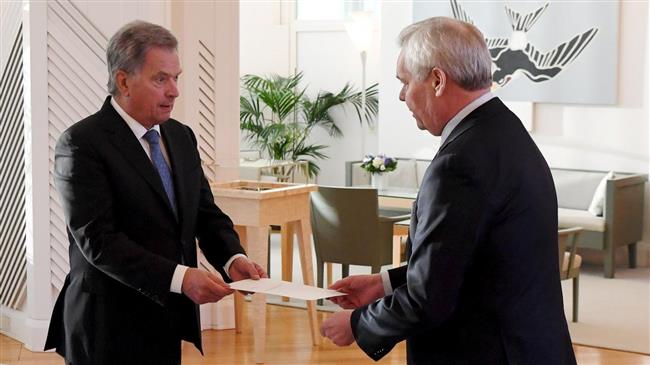Finland: Prime Minister resigns after losing trust of coalition partner
Finnish Prime Minister Antti Rinne has resigned after a member of the ruling coalition said it had lost confidence in him following a series of disruptive strikes.
The Center Party asked Rinne to step down after a more than two-week strike at Finland’s state postal service, Posti, spread to the national airline, Finnair, and to other industries before being settled last week.
Center Party chairwoman Katri Kulmuni questioned Rinne’s role in handling the strike on Monday but said she wanted the same five-member coalition to continue under an unspecified new prime minister.
President Sauli Niinisto accepted Rinne’s resignation and asked the center-left cabinet to continue in a caretaker role pending the formation of a new one.
“Next we will likely have fast government formation talks, and likely with the same coalition,” Rinne told reporters.
The timing of the crisis is awkward. Finland holds the rotating presidency of the European Union until the end of the year, playing a central role in efforts to hammer out a new budget for the bloc.
Social Democrat Minister of Transportation and Communications Sanna Marin, 34, is seen as a frontrunner to replace Rinne.
“I won’t dodge the responsibility,” Marin told reporters at Helsinki airport after flying back from Brussels due to the crisis.
“At 34 she’d be the youngest prime minister ever,” said Helsinki University political scientist Johanna Vuorelma.
Another candidate to lead the government would be Antti Lindtman, SDP group leader and party chairman, who told reporters he was also ready to become prime minister.
If all five coalition partners agree to be on board, it is customary that the election winner, in this case the Social Democrats, are given the first attempt to win approval for a new prime minister and form a government.
The Center Party and SDP are both trailing in the polls and could lose ground to the nationalist Finns Party, which came a close second to Rinne’s Social Democrats in April’s election.
“It is very likely this same government coalition will continue,” Tampere University political scientist Ilkka Ruostetsaari said.
(Source: Reuters)





